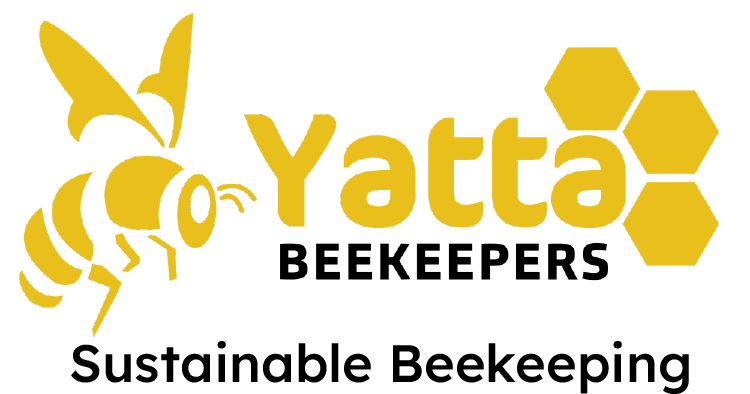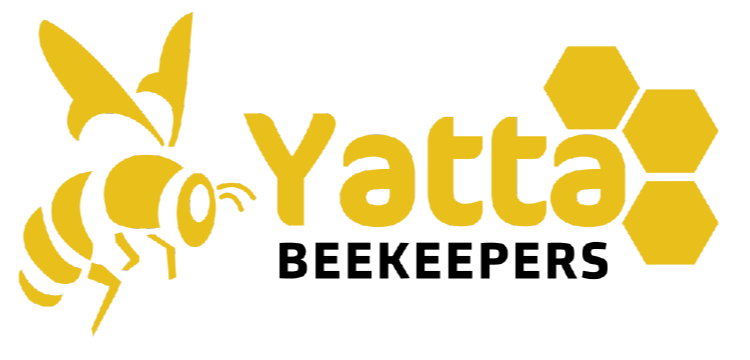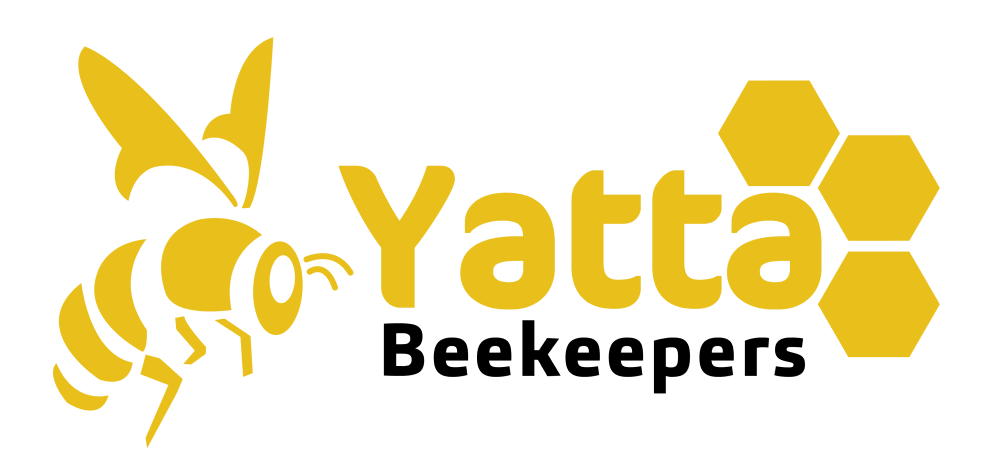Bees and Mangroves: A Symbiotic Relationship Crucial for Kenyan Beekeepers
In today’s society, one of the major issues raised is climate change and the efforts we can put in to mitigate the effects. The discussions often hover around reducing waste, creating green zones, and using eco-friendly power sources. However, recent study cases have found a relationship that covers flora and fauna as a way to boost conservation and benefit those involved. It is beekeeping within mangrove forests.
Several online and offline campaigns have advocated for saving bees for the past few years. According to recent studies, bee populations have so far declined by over 50%. This has led to a decline in pollinators which in turn causes low farm yields and even less plant coverage. One solution to this has been adopted by farmers in Mombasa who have taken beekeeping within mangrove forests. A noble gesture that saves bees and the forests.
Understanding Mangroves: The Coastal Guardians
Mangroves are saltwater plants that grow along the coastlines. They are classified as halophytes which means they filter salt water through their roots and excrete the rest through their waxy leaves. In Kenya, these plants are majorly found in Lamu County(60%), Kwale County(14%), and Tana River County (best developed). According to Kenya Forestry, there are over 90 species of the tree around the world however Kenya contains 7 of them with ‘Rhizophora mucronata’ locally identified as ‘mkoko’ being the most common.
The communities around these forests use them for firewood, poles, dye, and fencing. At the same time, they provide habitat for diverse animals such as monkeys and birds and act as breeding grounds for fish. Mangrove forests are also one of the best carbon sinks. They are capable of saving up carbon both above and ground, in comparison a single hectare provides roughly twice the amount of carbon stock of inland forests.
According to a report by the Kenya Forestry Research Institute in 2023, mangrove forests have been faced with a heavy reduction in numbers. The most affected areas are Lamu, Mida Creek, and Tudor. This has majorly been due to human encroachment, waste spillage, and also increased salinity of former freshwater zones as the ocean levels rise and fall. The report goes further to provide ways this could be mitigated and one of them is agroforestry which helps improve the quality of soil both inland and at the shores. This is where beekeeping comes in.
The Role of Bees in Mangrove Ecosystems
Beekeeping is not a new venture around these forests. Just recently, the communities have taken to planting them within the forests. This way they can prevent deforestation as when people cut down the trees they get stung. At the same time, the farmers can reap an alternative food and income source from the honey produced. According to the reports, cases of deforestation have decreased significantly since 2010 when the hives were introduced. At the same time, there has been an increase in the animal life that had previously disappeared.
Families that have taken on beekeeping are also seeing an improvement in their income. On average the hives allow the families to make a harvest of 10-20kgs. At the same time, the involvement of different community-based organizations has allowed several families living in the area to benefit. In addition, using bees to ensure the security of the mangrove forests has reduced the need to hire security personnel. This helps maintain the environment’s serenity by reducing human presence in the forests.
Other benefits of the bee and mangrove relationship include:
- Bees feed on mangrove flowers, collecting nectar and pollen in turn they aid in mangrove reproduction.
- Mangroves rely on pollinators like bees to maintain genetic diversity and ensure successful reproduction.
Mangroves provide forage for bees:
- Mangrove forests offer a rich source of nectar and pollen for bees to produce honey.
- By cultivating mangrove honey, coastal farmers can diversify their income.
In summary, bees play a crucial role in creating a positive feedback loop that benefits both ecosystems.
Enhancing the bee-mangrove relationship
Continuous learning and adaptation are essential for beekeepers to thrive in their craft. The dynamic nature of the environment, the behavior of bees, and market demands require beekeepers to stay informed and flexible. Engaging in ongoing education can lead to improved bee health, increased honey production, and the development of new products such as beeswax, propolis, and royal jelly. Beekeepers can leverage resources like Yatta Beekeepers for training and support, attend workshops, join beekeeping associations, and stay updated with the latest research. This proactive approach not only enhances their skills but also contributes to the sustainability of the beekeeping industry.
Adaptation is equally important. Beekeepers should be open to adopting new technologies and practices that can help them manage their apiaries more efficiently. This includes using modern hives, implementing integrated pest management strategies, and exploring innovative marketing techniques. By adapting to changes and adopting best practices, beekeepers can ensure the health of their colonies, optimize yields, and contribute positively to the environment. The symbiotic relationship between beekeepers and bees is strengthened when beekeepers are knowledgeable and adaptable, leading to a prosperous and sustainable future for both.
Conclusion
Yatta Beekeepers, a Kenyan enterprise, plays a pivotal role in promoting sustainable beekeeping practices. Their mission is to empower smallholder farmers through effective bee management techniques, which not only help conserve biodiversity but also enhance the natural bee population. By focusing on forage tree conservation, they contribute to mitigating the effects of climate change. The organization’s efforts extend to raising awareness about the importance of bees in the ecosystem, encouraging the adoption of hives, and spreading knowledge on beekeeping. Their approach aligns with the broader goals of environmental stewardship and community engagement, making beekeeping not just an economic activity but a means to foster ecological balance.
Moreover, Yatta Beekeepers is dedicated to the economic empowerment of women and youth in rural communities. They achieve this by providing training on the best beekeeping practices, processing, and packaging, designed to increase the technical skills of local beekeepers. This training facilitates income generation through the production and sales of bee products. By registering bee farmers and potential farmers on their website, Yatta Beekeepers creates a vast network that supports the formation of bee farmers’ associations and collaborative projects. Their commitment to linking producers and consumers of bee products further strengthens the beekeeping industry in Kenya and the East African region.


